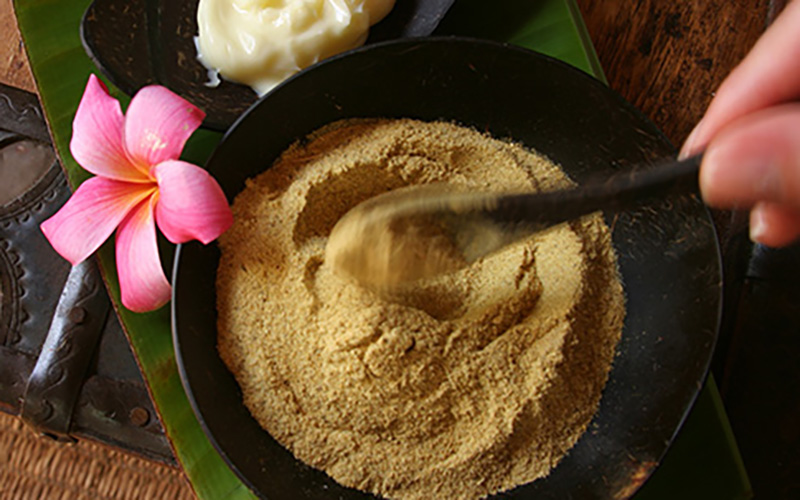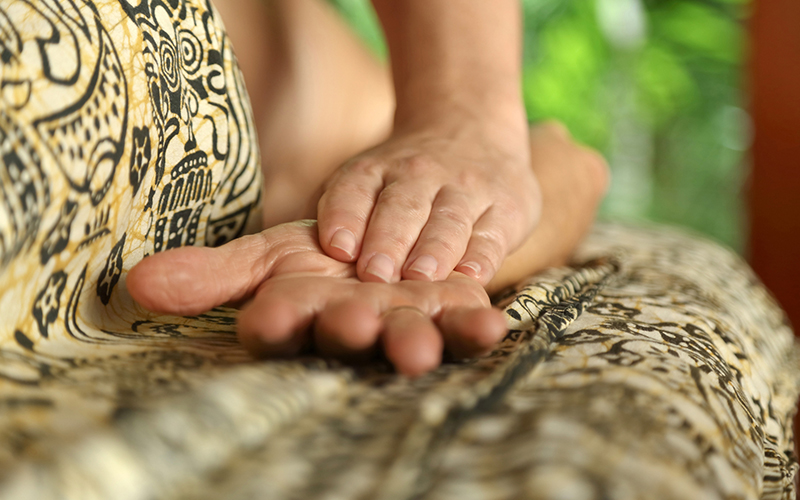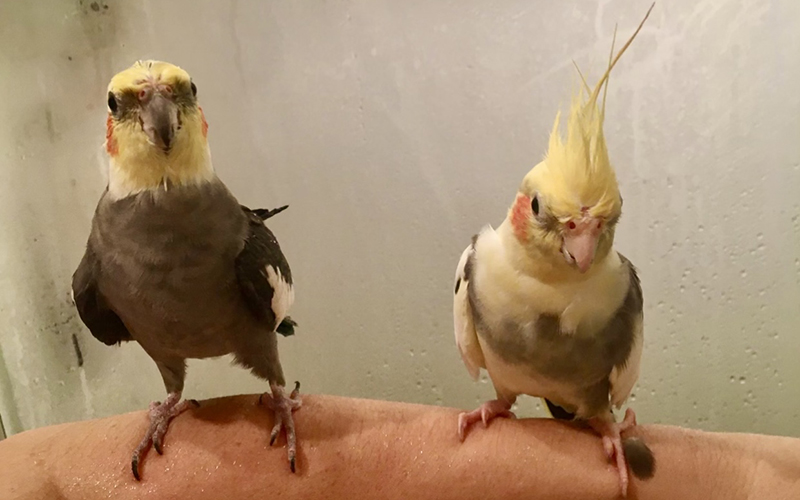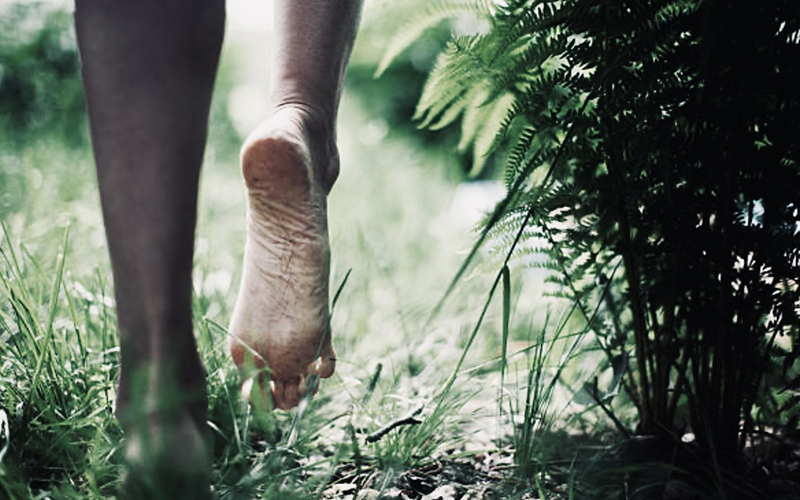Improved Your Wellness with Kindness
Research shows that acts of kindness are linked to increased feelings of well-being and it’s something to be mindful for yourself as much as others.
I feel very sad when I see repetitive signs “Please be KIND to our staff” displayed in windows on tables and reception counters, nor did I think I would see people wearing printed T Shirts with ‘Be Kind’ in the hope that someone reads it, takes notice and acts kinder.
What Is Kindness?
While we expect everyone to know what kindness is, it seems many have forgotten or were never taught to be kind.
The Oxford English Dictionary states that kindness is, ‘The quality of being friendly, generous, and considerate”
Kindness is a type of behaviour marked by acts of generosity, consideration, rendering assistance or concern for others, without expecting praise or reward in return. Kindness is just good manners, but sadly, they seem to have disappeared for many people.
Kindness is choosing to do something that helps others or yourself and often means putting other people’s needs before your own. For example, being patient, smiling at waitstaff in a busy restaurant or cafe, being polite to reception staff in a hotel or Day Spa, giving a compliment to someone, doing a random act of kindness for someone who doesn’t expect it and always saying please and thank you.
Where have all the kind people gone?
Where did patience, kindness, gratitude, gratefulness and compassion go and when did kindness become replaced with being entitled to be un-kind to others? It’s a sad world if we can’t be kind.
This should not be a topic of conversation or written about, as I find it so confronting and unnecessary to be anything but nice and kind to others. However, along with many others in businesses, hospitals, restaurants, accommodation, airline staff, supermarkets and many others I talk to, all agree, the post-covid un-kind and rudeness of people towards our staff has surged and it needs to stop.
Be kind, live longer and look younger.
We have all heard the saying “it’s better to give than receive.” What’s interesting, is there’s actually research to back it up. Those of us who are caring, kind, empathetic and compassionate will be pleased to know that being kind, helps to lower stress as well as improves our own happiness and emotional wellness. Some research shows we may even live longer and look younger if we are kind!
It’s easy to be kind and it gets you what you want.
Life for many seems to be ‘busy’ stressful and hurried. It often feels that the fast paced life causes a lack of time to be kind and there’s a sense of it being harder for some people to commit to kindness with words and actions.
Kindness is being replaced with arrogance and rudeness by those who feel their thoughts are more important than those they inflict their attitude towards.
It is actually easier to just slow down and be patient and kind to others and we can benefit from better service as well as the emotional upside of kindness. It really does make a difference, especially for people who are vulnerable or struggling if they are show a little kindness.
If you are annoyed with someone ,imagine yourself or one of your family in the position of the person you are annoyed with, it will help you re-asses your attitude.
Calling out un-kindness should be the new black.
With everything that’s going on in the world, now is the time to help make a kinder society to improve our mental health and wellbeing.
Do the un-kind people think they are being kind?
Maybe it’s time we should address inappropriate behaviour and ask them to be kind, patient and considerate because I really don’t think they realise how morally wrong they are to others.
Calling-out or addressing un-kindness has started with signs asking people to be kind and the next stage is to stop un-kindness with saying ‘please be kind when you see someone being un-kind.’
Research shows that acts of kindness are linked to increased feelings of well-being. There’s research evidence to suggest that when we help others, it can promote changes in the brain that are linked with happiness. They may also encourage others to repeat the kindness they’ve experienced themselves, and in turn this will contribute to a more positive community.
Doing More For Others, Does More For Yourself.
The benefits of helping others can last long after the act itself, for those who offer kindness, and those who benefit. We all know the golden rule: treat others the way you want to be treated.
Science shows that as children, we are biologically conditioned to be kind and we can further develop kindness with practice and repetition. Sometimes, however, due to outside influences and the stress of our day-to-day lives, we can lose this inherent ability.
Releases Some Feel-Good Hormones with Kindness.
Have you ever noticed that when you do something nice for someone else, it makes you feel better too? This isn’t just something that happens randomly—it has to do with the pleasure sectors in your brain.
Doing nice things for others boosts your serotonin, the neurotransmitter responsible for feelings of satisfaction and well-being. Like exercise, altruism also releases endorphins, a phenomenon known as a “helper’s high.”
So, spread your kindness, patience and gratitude by helping others, paying it forward, smiling, saying please and thankyou or giving someone a compliment as it may change your attitude for the rest of the day.
Kindness Eases Anxiety.
When you are stressed, anxious, upset or nervous, emotions are heightened and you may find it hard to switch your mind from what’s causing these thoughts and actions. While there are many ways to reduce anxiety, such as deep breathing. removing yourself from a situation or re-focusing , it turns out that being nice to others can be one of the easiest, most inexpensive ways to keep anxiety at bay.
Kindness is good for your heart
It’s similar to a ‘gut feeling’ we experience when we are making decisions but a ‘heart warming’ moment occurs when you are being nice to others which can also affect the actual chemical balance of your heart.
Kindness releases the hormone oxytocin. According to Dr. David Hamilton, “oxytocin causes the release of a chemical called nitric oxide in blood vessels, which dilates (expands) the blood vessels. This reduces blood pressure and therefore oxytocin is known as a ‘cardio-protective’ hormone because it protects the heart (by lowering blood pressure).”Oxytocin also reduces inflammation, and even little acts of kindness can trigger oxytocin’s release.
We sometimes use the expression ‘Heart warming‘ or ‘They have a really big heart‘ well that may very well be due to kindness and caring that person shows, as it strengthens your heart physically and emotionally.
Anti-ageing and live longer with kindness.
Well, it’s certainly a better way to live if we are shown and display kindness but the research is there to show us being kind helps with longevity and anti-ageing. Now that’s a bonus and a great reason to up-the-kindness.
Ageing is a combination of many things, however, we continually hear that free radicals and Inflammation are the main causes of ageing.
According to Dr. David Hamilton, oxytocin (that we produce through emotional warmth) reduces levels of free radicals and inflammation in the cardiovascular system, therefore slows ageing at the source and plays a considerable role in helping with heart disease.
According to Health.com, you’re at a greater risk of heart disease if you don’t have a strong network of family and friends. When you’re kind to others, you develop strong, meaningful relationships and friendships. As humans we are naturally community gatherers. It used to be for survival but little did we know it was also about caring for and about each other that keeps us healthier, happier, kinder and living longer.
If you can’t be anything else, Be Kind. Kindness for Improved Wellness




